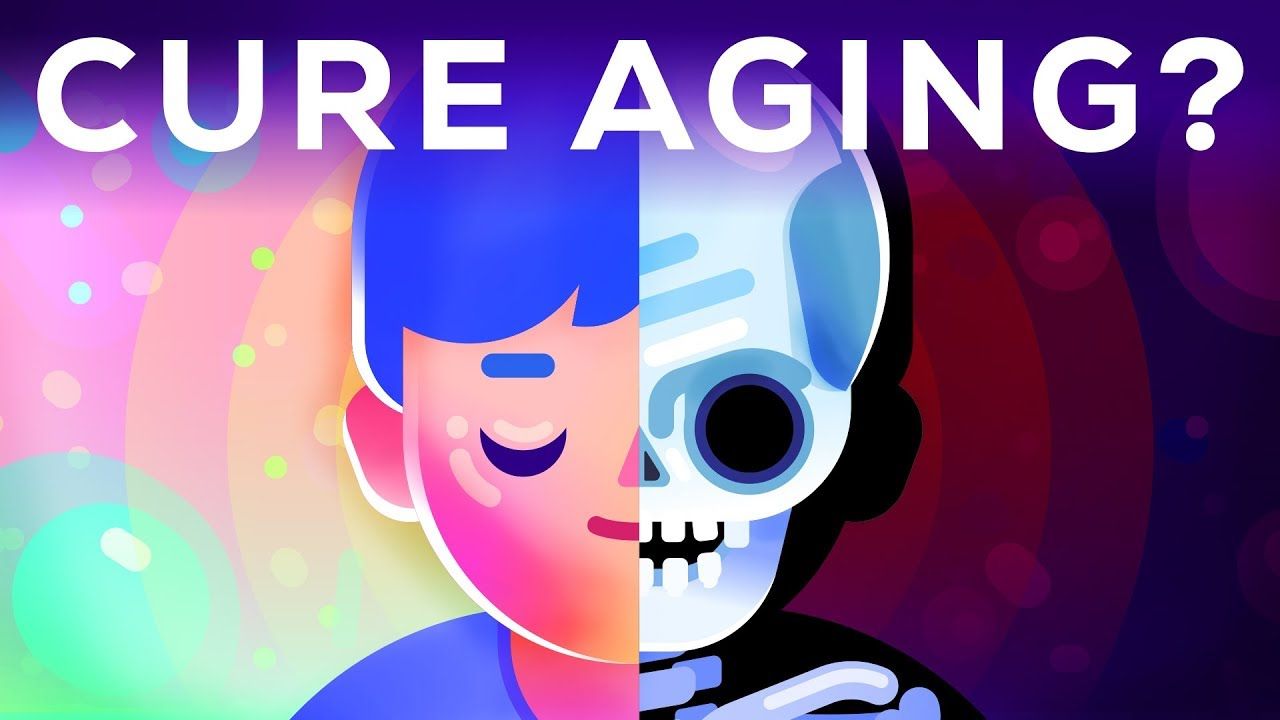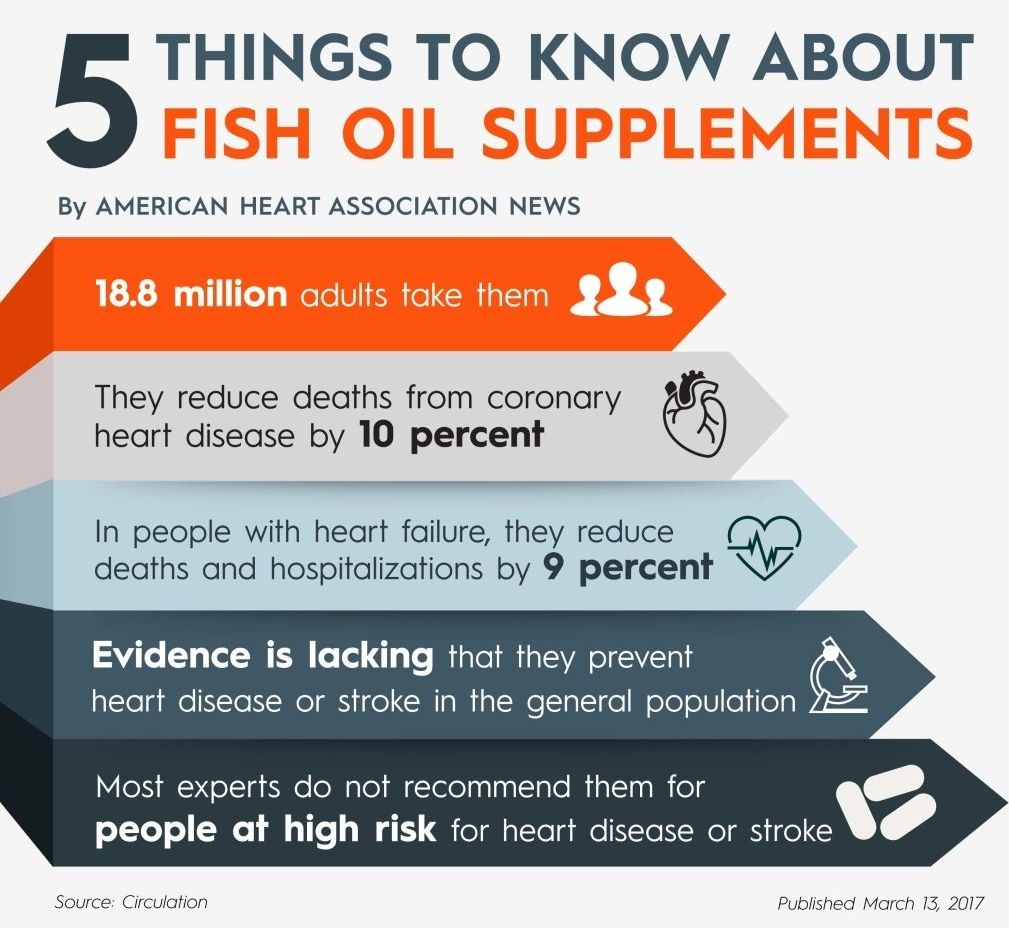Page 9178
Jan 4, 2018
Stop Wasting Money on Vitamin Supplements
Posted by Brady Hartman in categories: economics, health
A look back at the most popular health articles of 2017. Here is the report: “Stop Wasting Money on Vitamin Supplements”
Are multivitamins necessary? This article answers the question with the latest research.
Jan 4, 2018
David Sinclair on Sirtuins
Posted by Brady Hartman in categories: biotech/medical, life extension

https://youtube.com/watch?v=lA4DbN01q70
Revisiting the most popular life extension science videos of 2017. Here is the video: “Genes Rule Over Our Aging Bodies — Dr. David Sinclair on Sirtuins”
Summary: (Video) Dr. David Sinclair is the leading expert on sirtuins, the repairmen of our bodies. Watch Dr. David Sinclair explain how sirtuin genes control cellular repair and how drugs and supplements that affect the sirtuins can slow the aging process. [Author: Brady Hartman. This article first appeared on LongevityFacts.com. Follow us on Reddit | Google+ | Facebook. ] Scroll down for video
Jan 4, 2018
(Video) View the Future of Medicine with Nanorobots, Weaponized Killer T-cells, Lab-grown Organs, and Gene Editing
Posted by Brady Hartman in categories: bioengineering, biotech/medical, health

A look back at the most popular health and medical science videos of 2017. Here is the video: “View the Future of Medicine with Nanorobots, Weaponized Killer T-cells, Lab-grown Organs, and Gene Editing”
A glimpse at the future in a new film clip from CATS with medical nanorobots, weaponized killer T-cells, synthetic organs, and gene editing.
Jan 4, 2018
(Video) Can These Revolutionary Technologies Beat Aging in Our Lifetimes?
Posted by Brady Hartman in category: life extension

Revisiting the most popular life extension science videos of 2017. Here is: “”(Video) Can These Revolutionary Technologies Beat Aging in Our Lifetimes?”
Summary: A new video by Kurzsegat and our friends at Lifespan.io shows several technologies in development that could dramatically slow down aging in the next few years. [This article first appeared on LongevityFacts.com. Follow us on Reddit | Google+ | Facebook. Author: Brady Hartman]
Continue reading “(Video) Can These Revolutionary Technologies Beat Aging in Our Lifetimes?” »
Jan 4, 2018
Alcohol Damages DNA and Increases Cancer Risk
Posted by Steve Hill in category: biotech/medical
Researchers have demonstrated how alcohol damages stem cell DNA in a new study, helping to explain why drinking can increase cancer risk[1′. The study was published in the journal Nature on January 3.
There have been multiple cell culture studies looking at how alcohol promotes cancer, but this study used mice to show how alcohol can cause permanent damage to DNA.
Jan 4, 2018
Former Google self-driving wiz will help Volkswagen and Hyundai build fully autonomous cars
Posted by Genevieve Klien in categories: robotics/AI, transportation
Jan 4, 2018
US drug firm offers cure for blindness – at $425,000 an eye
Posted by Derick Lee in category: biotech/medical
Gene therapy is not alone in commanding staggering sums, particularly when it comes to treatments for rare diseases. Soliris, a drug that treats a condition called paroxysmal nocturnal hemoglobinuria that attacks red blood cells, can cost up to $700,000 a year, while Elaprase, used in the treatment of Hunter syndrome, costs $500,000 a year.
Spark Therapeutics says ‘responsible price’ for Luxturna gene therapy ensures access for patients with retinal defect.
Jan 3, 2018
Four-dimensional physics in two dimensions
Posted by Saúl Morales Rodriguéz in categories: particle physics, quantum physics
For the first time, physicists have built a two-dimensional experimental system that allows them to study the physical properties of materials that were theorized to exist only in four-dimensional space. An international team of researchers from Penn State, ETH Zurich in Switzerland, the University of Pittsburgh, and the Holon Institute of Technology in Israel have demonstrated that the behavior of particles of light can be made to match predictions about the four-dimensional version of the “quantum Hall effect”—a phenomenon that has been at the root of three Nobel Prizes in physics—in a two-dimensional array of “waveguides.”
A paper describing the research appears January 4, 2018 in the journal Nature along with a paper from a separate group from Germany that shows that a similar mechanism can be used to make a gas of ultracold atoms exhibit four-dimensional quantum Hall physics as well.
“When it was theorized that the quantum Hall effect could be observed in four-dimensional space,” said Mikael Rechtsman, assistant professor of physics and an author of the paper, “it was considered to be of purely theoretical interest because the real world consists of only three spatial dimensions; it was more or less a curiosity. But, we have now shown that four-dimensional quantum Hall physics can be emulated using photons—particles of light—flowing through an intricately structured piece of glass—a waveguide array.”
Jan 3, 2018
A Revolutionary New Type of Lens Focuses All The Colours of The Rainbow Into a Single Point
Posted by Saúl Morales Rodriguéz in category: nanotechnology
A brand new type of lens called a metalens has just passed a major hurdle. A metalens is a flat surface that use nanostructures to focus light, and it could change optics forever by replacing the traditional bulky, curved lenses we know.
Up until now these ultra-compact lenses have had enormous potential, but they’ve struggled to focus a broad spectrum of light. Well, that just changed.
For the first time researchers have managed to develop a single metalens capable of focusing all the colours of the rainbow – the entire visible spectrum of light, making white light – into one point at a high resolution, something that has required multiple lenses in the past.















